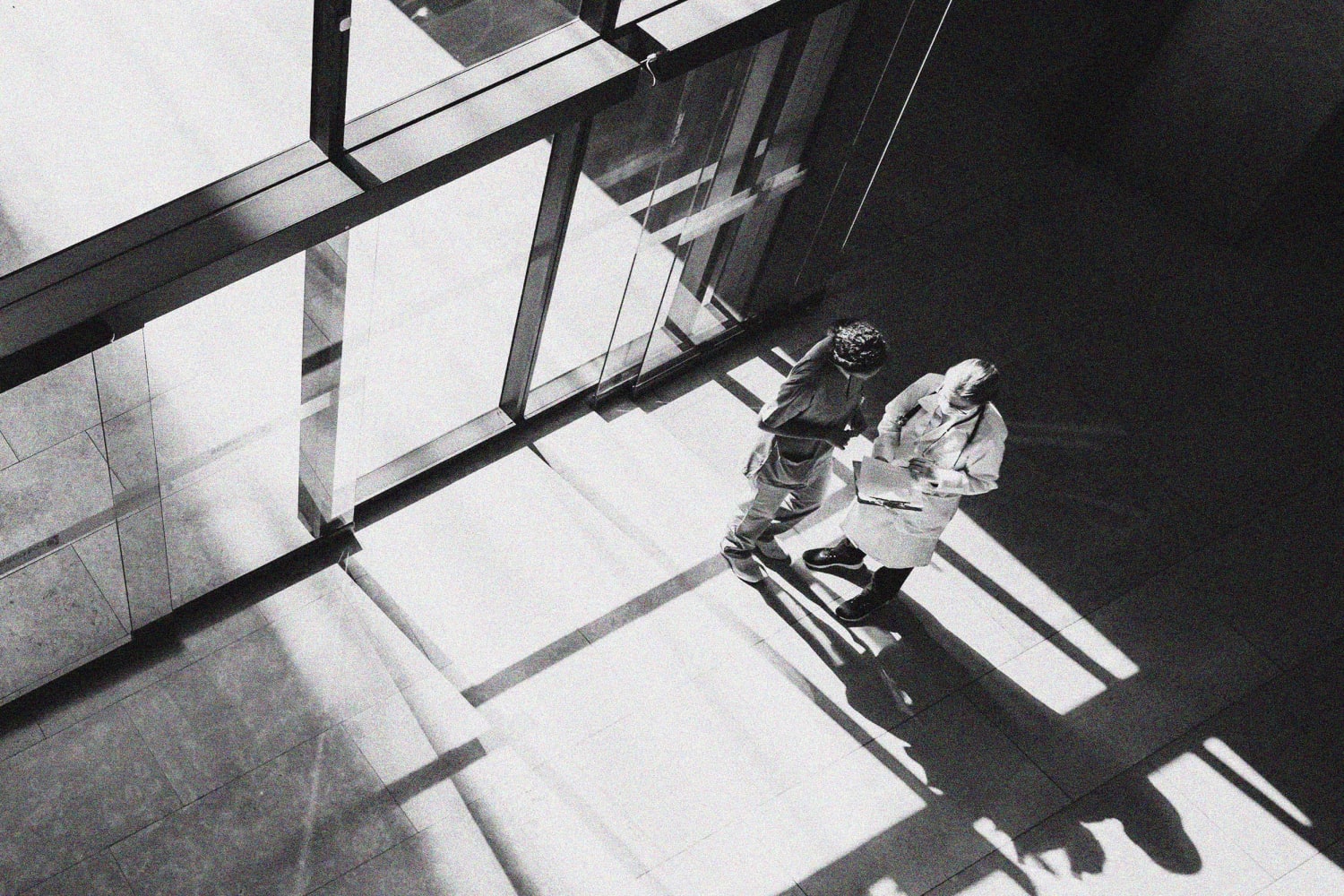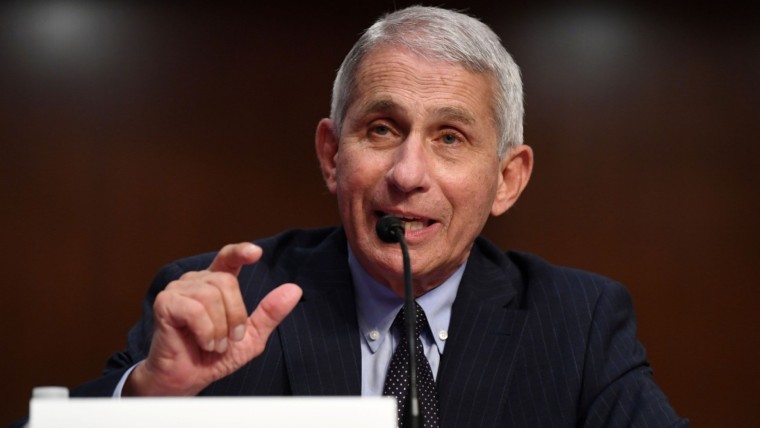The doctor-patient relationship starts at birth and extends across one’s life. When patients are honest with their doctors, better decisions can be made about their health. They expect the same honesty in return and, indeed, the Hippocratic Oath demands as much of physicians. Underscoring this important responsibility, throughout the Covid-19 pandemic, national polls have found that most Americans trust medical professionals to give them accurate information about the virus.
Unless state medical boards begin to hold these physicians accountable, the trust of the entire medical profession is in jeopardy.
But a vocal minority of doctors are undermining this relationship and taking advantage of the public’s trust by intentionally spreading Covid misinformation and disinformation. From making false claims about vaccines to offering to sign medically unnecessary mask exemptions in exchange for payment, these “disinformation doctors” are amplifying lies and often profiting from a cottage industry of social media posts, websites, live and virtual conferences and podcasts.
In the process, they are weaponizing their white coats and putting patients, the public and their profession at risk. Across the country, physicians have falsely claimed that Covid vaccines change people’s DNA, that the vaccines have been proved ineffective at preventing Covid and that the vaccine has killed more people than the disease itself.
Yet these doctors are facing almost no consequences for what they’re doing. Data shows that nearly every state medical board — the state-sanctioned government agencies with the authority to license, investigate, discipline and regulate medical doctors — is failing to hold these doctors accountable.
In July, the Federation of State Medical Boards, which represents the nation’s 71 state medical boards, warned that “Physicians who generate and spread COVID-19 vaccine misinformation or disinformation are risking disciplinary action by state medical boards,” including having their licenses suspended or even revoked. In December, the federation shared survey findings showing that two-thirds of state medical boards had seen an increase in complaints “related to licensee dissemination of false or misleading information.”
But only 12 of the boards — just 17 percent — reported taking disciplinary action against those disseminating false or misleading information. This lack of accountability is all the more troubling because, as the medical board federation noted in its July statement, doctors have an elevated responsibility and expectation for truthfulness. “Due to their specialized knowledge and training,” the federation said, “licensed physicians possess a high degree of public trust and therefore have a powerful platform in society, whether they recognize it or not.”
Doctors didn’t just happen upon this exalted place of societal trust and deference. It was built through hard work over long periods of time — work that is now being jeopardized. Before the 20th century, there was no effective medical licensing and no regulation of medical practice or medical education. This changed with the influential 1910 Flexner Report, whose sweeping recommendations led to policies that professionalized, standardized and elevated the practice of medicine in the United States.
More than 100 years later, we find ourselves in an exceptionally polarized time when trust in the media and government is falling. In stark contrast to the mid-20th-century ideal of the trusted physician famously captured in Norman Rockwell paintings, a group of fringe doctors are confusing and misleading millions of Americans. In doing so, they threaten to erode the institution of medicine as a credible and unbiased source of information.
To help state medical boards in their support of patients and defense of medicine, the de Beaumont Foundation, a public health charity focused on state and local public health, and the grassroots advocacy group No License for Disinformation — the organizations we both lead — have released a report, “Disinformation Doctors: Licensed to Mislead,” which outlines specific steps that can be taken to hold offending physicians accountable.
First, medical boards must increase transparency and proactively investigate and discipline misconduct. Today complaints referred for investigation are confidential, and those that are closed without action generally have no public record. All the while the physician continues to practice and patients are none the wiser. It is unacceptable that investigations regularly take months or even years. In the age of social media, investigations need to be expedited to prevent misinformation from being amplified.
In a time when Americans can agree on little, they are nearly unanimous in the belief that doctors should be held accountable for spreading misinformation. In a national poll conducted in December by Morning Consult, 91 percent of American adults said doctors don’t have the right to intentionally spread misinformation. And 78 percent support disciplinary action, such as warnings, fines or license suspension or revocation for those who do.
Disinformation is a public health threat that existed long before this pandemic and has the power to proliferate long after. Unless state medical boards begin to hold these physicians accountable, the trust of the entire medical profession is in jeopardy — and more important, so are the lives of millions of Americans.
Source: | This article originally belongs to Nbcnews.com











